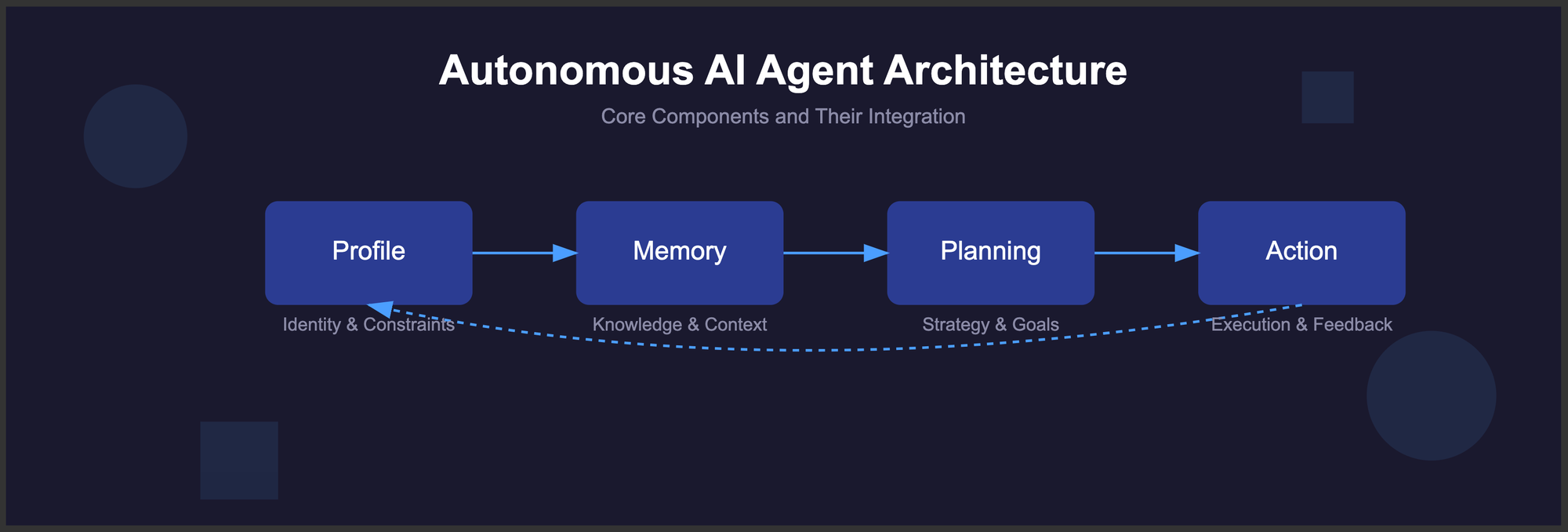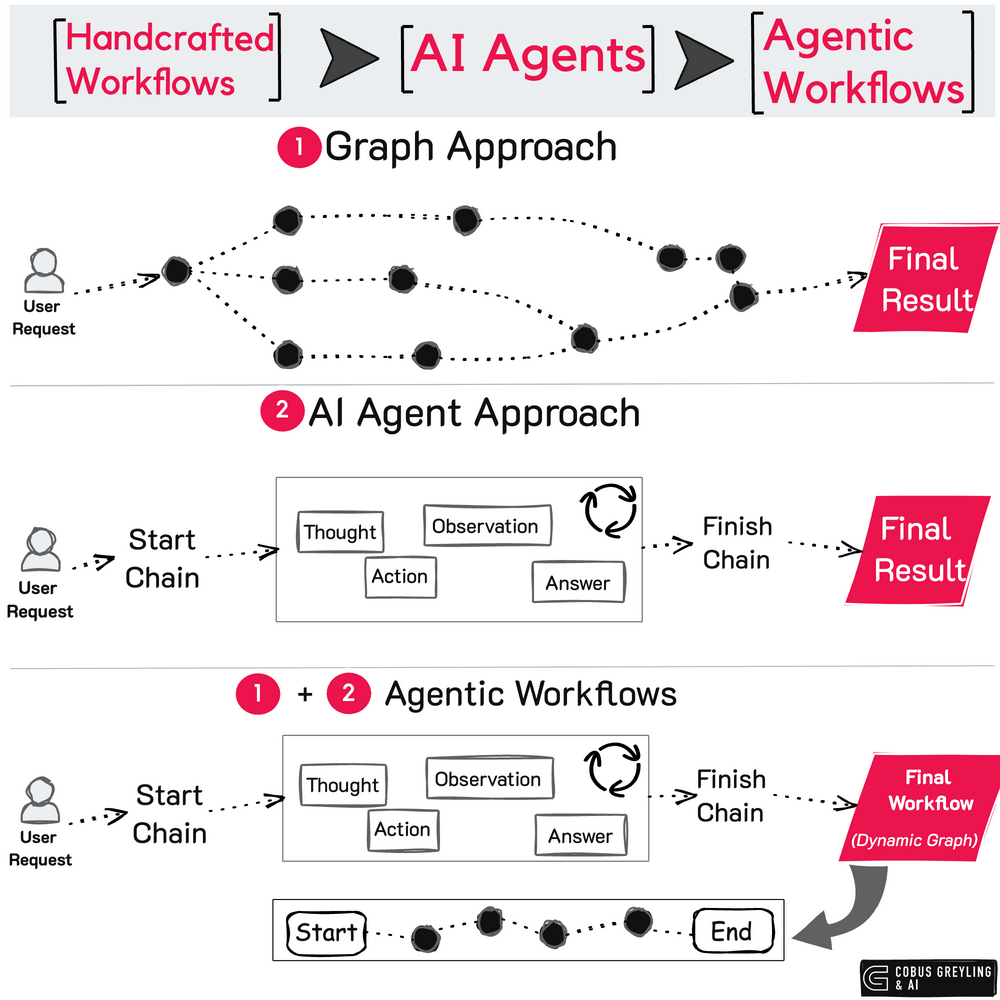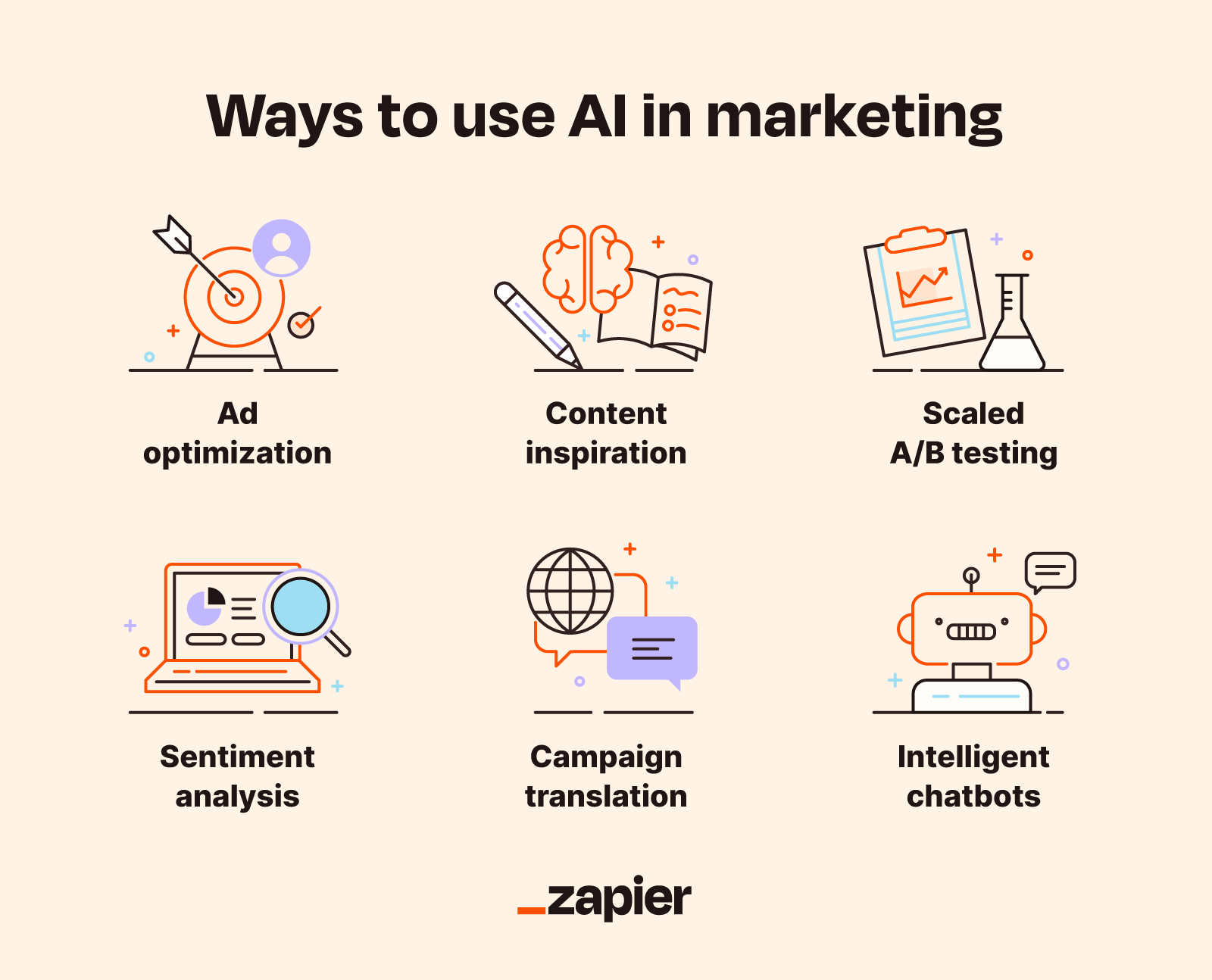Autonomous “Agentic” AI Systems Take Center Stage
Autonomous “Agentic” AI Systems Take Center Stage

Artificial Intelligence has entered a new era — one where it no longer just assists but acts. These next-generation systems, known as Agentic AI, are capable of reasoning, planning, and executing tasks with minimal human intervention. According to a recent McKinsey & Company report, this transformation could redefine how we work, automate industries, and reshape decision-making.
What Is Agentic AI?

Unlike traditional AI models that depend heavily on user prompts or pre-programmed workflows, agentic AI systems can:
-
Understand objectives
-
Formulate multi-step plans
-
Execute actions autonomously
-
Learn from feedback loops
Think of them as digital employees capable of analyzing, creating, and adapting — not just predicting or classifying data.
Why It Matters

This evolution marks a major milestone in the AI landscape:
-
In business, these systems can manage complex operations like supply chains or customer engagement.
-
In software, they can debug, refactor, and optimize code automatically.
-
In research, they can generate hypotheses, run simulations, and even write reports.
By blending reasoning with action, agentic AI shifts from “tools” to “teammates.”
Global Impact

Industry leaders such as OpenAI, Google DeepMind, and Anthropic are racing to build scalable, safe, and context-aware autonomous agents. Enterprises are testing them for workflow automation, data analytics, and customer service.
Experts believe this could add trillions to global productivity — similar in scale to the industrial revolution, but powered by code and cognition.
Opportunities Ahead

For developers and innovators, agentic AI brings enormous possibilities:
-
Creating self-running apps that manage their own APIs and databases
-
Building autonomous research assistants and AI-driven marketplaces
-
Designing decentralized agent economies through blockchain and Web3
This shift means coders will soon orchestrate ecosystems of agents rather than just lines of code.
The Road Ahead
As powerful as it is, agentic AI raises challenges:
-
How do we ensure transparency and control?
-
What happens if autonomous agents make high-stakes decisions incorrectly?
-
How can humans remain in command of systems that act faster and smarter than ever?
Addressing these questions will define the next decade of AI governance, ethics, and development.
Final Thoughts
Autonomous Agentic AI isn’t just a buzzword — it’s the next big leap in digital evolution. From corporate workflows to creative design, we are witnessing machines that think, act, and improve on their own.
As McKinsey’s report highlights, “The future belongs to those who can partner with AI, not just program it.”
Comments
Post a Comment